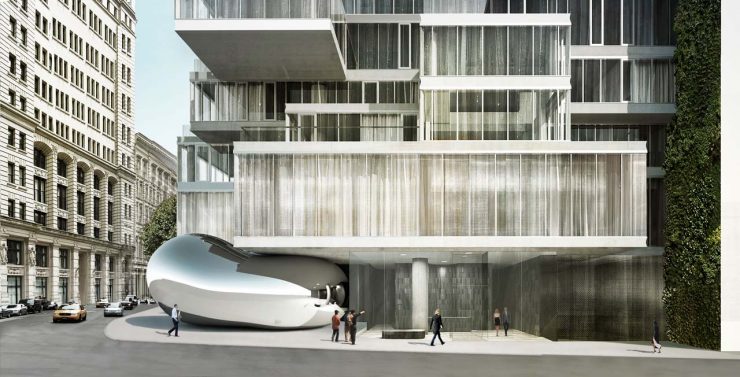An important part of a condo offering plan, the document that lays out the terms under which a sponsor can sell you a condo, is the Sponsor Control Period.
The Sponsor Control Period is the time, typically in the early years of a condo’s existence, when the Sponsor controls the Condo Board.
Condo Board Control by Sponsor
A typical Condo Board will initially have 3 members, all chosen by the Sponsor.
This Board control is maintained by the Sponsor until specified thresholds detailed in the offering plan have been met:
1) 5 years after the first closing,
2) all units have been sold, or
3) the Sponsor gives up its right to control the board.
There are a few very important variants, however, to how these time period thresholds relate to each other.
In some buildings, the period is the shorter of 5 years or selling all the units, and in some buildings, it is the longer of the two.
In some buildings, the control threshold can be less than 100% of the units sold (eg. 90% or even less).
If the period is the longer of 5 years of reaching the percent sold threshold, it is possible that the Sponsor will never give up control of the board. This can happen, for example, if sales are soft and the Sponsor elects to rent rather than sell units.
According to Marketproof data, for successful buildings, the time from the first sale to sold out is generally around two years for smaller buildings to three years or more for larger buildings.
For example, two buildings built in 2015 are 56 Leonard, a 145 unit condo in Tribeca, and The Renwick, a 31 unit condo in Soho. For 56 Leonard, the larger of the two, sell-out took three years and two months, while for The Renwick sell-out took eight months less, or two years and four months. Both buildings reached sell-out considerably within the five-year window.
Why Board Control Matters
The intent of the Sponsor Control Period is to provide a legal framework that will help the Sponsor get a permanent certificate of occupancy (PCO) for the building. The Board will make decisions aimed at reaching this goal.
Since the Sponsor can close on the first unit once a temporary certificate of occupancy has been issued (TCO), they want to control the building and its operations until they have successfully sold the units they want to sell.
When the PCO has been issued, many of the Sponsor’s legal and financial obligations have been met and the Sponsor, and if things went well, has paid off their loans and booked their profits.
Condo Board Control by Owners
Once the thresholds have been met, in a 3 member board, 2 of the Sponsor’s chosen Board Members will resign, and the new unit owners can select the new Board Members.
Once Board control has been moved to the new unit owners, the Board will make decisions that represent the interests of the owners, including the ability to more easily resell units.
About Marketproof New Development
Whether you are an agent helping a client buy a new condo, researching for yourself what NYC has to offer, or scaling your firm’s investment portfolio, we recommend giving Marketproof New Development a try.
By using Marketproof New Development you will be able to search both publicly listed properties and unlisted off-market properties not available on popular listing sites.
Create an account, get a seven day free trial, and then pay only $14.99 per month for access to Marketproof New Development’s listings, tools, content, and community forum.
Marketproof New Development
Photo: Rendering courtesy of 56 Leonard Street



